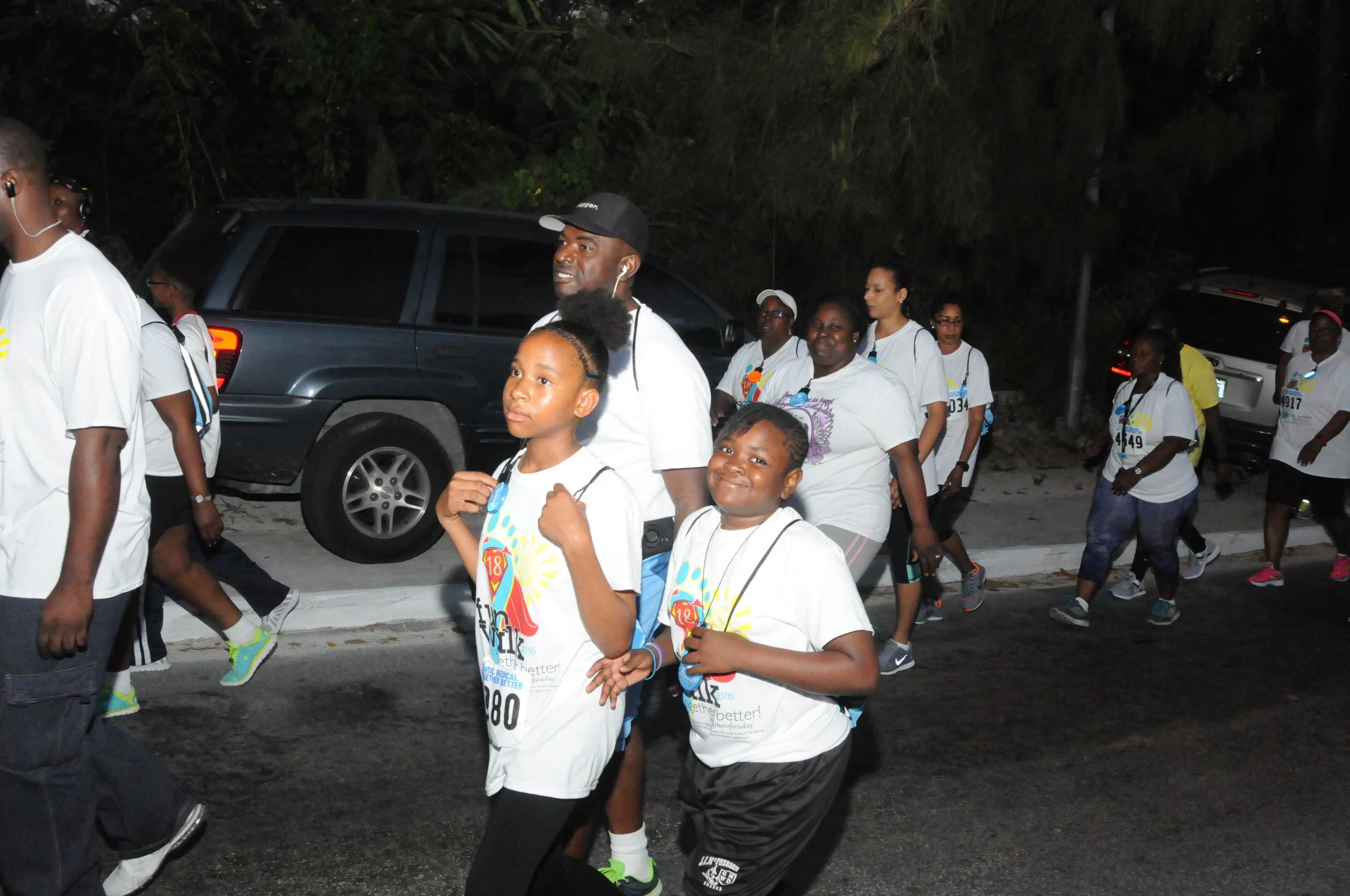Ask the Trainer: What are the benefits of cardiovascular exercise?
SHARAD JOHNSON, CEP, CRP, BAHAMAS MEDICAL CENTER
What are the benefits of Cardiovascular Exercise?
Cardiovascular exercise, also known as aerobic exercise, involves movement that increases your heart rate to improve oxygen consumption by the body. This is an essential part of every exercise program and not only helps you lose weight but it helps to build endurance so you can remain active for a healthy lifestyle.
The American Heart Association and American College of Sports Medicine recommend 30min of moderate to intense aerobic exercise five days a week. A moderate to intense 30min workout helps to maintain good health and reduce risk of chronic disease. Chronic disease tends to be the leading cause of hospitalization and death worldwide and are mainly associated with physical inactivity and poor eating habits.
The benefits of cardiovascular exercises are:
Better cardiac function: The heart gets more blood per beat. That means that the heart rate is reduced in times of relaxation and during the exercise.
Weight loss: During exercise the body burns fat and as a result the total body fat is reduced.
Improving mental health: Regular exercise releases the endorphins, the natural painkillers of the body, which among other things reduces stress, anxiety and depression.
Helps the immune system: Numerous studies have shown that people who exercise regularly are less prone to mild viral infections such as colds or flu.
Reducing diseases: The extra weight is an aggravating factor in the emergence of: heart disease, high blood pressure, stroke, diabetes and certain types of cancer. The risk to develop some of these diseases decreases as we lose weight. There is data showing that walking can reduce the risk of osteoporosis and the complications involved, while exercises such as swimming and water aerobics may help people with arthritis.
Increases longevity: Research by the University of Harvard, published in the New England Journal of Medicine in 1986, revealed that for the first time there was a scientific link between exercise and longevity. Since then, other research confirms this initial assessment.
Increases body resistance: Maybe during or immediately after exercise you feel tired, but in the long-term exercise increases the strength and the sense of well-being keeping fatigue away.
Improves muscle health: Exercise encourages the development of microscopic blood vessels that provide sufficient quantities of oxygen in the muscles and keep away from the muscles metabolic wastes such as lactic acid. This process can reduce the discomfort felt by those suffering from chronic muscle pain and back pain.






